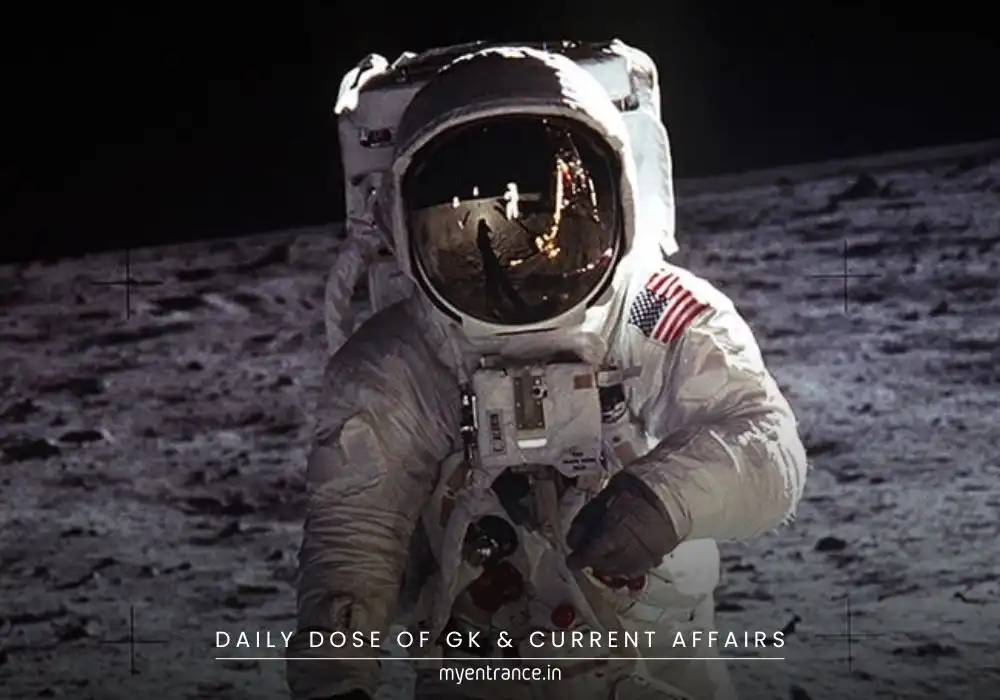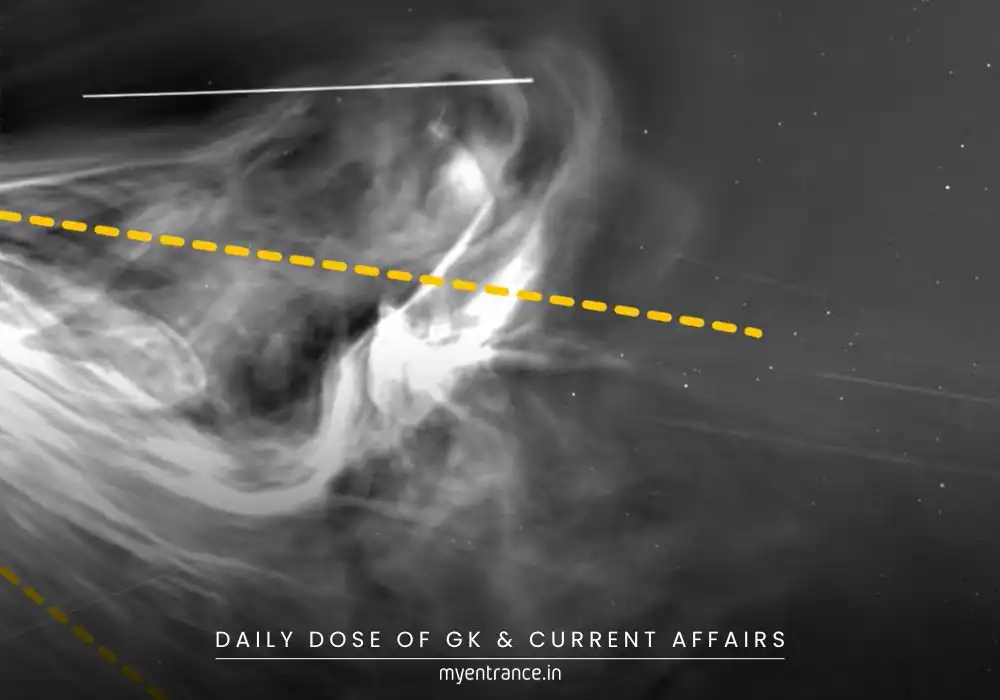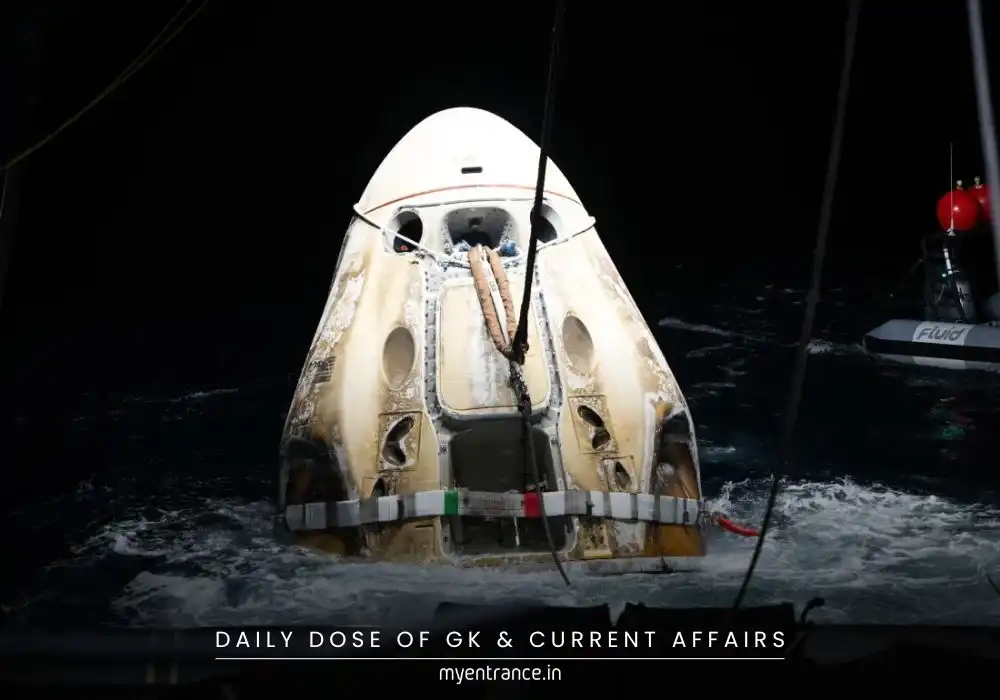Translate Language
Why Is It So Hard for Astronauts to Readjust to Life on Earth?
Space missions push human limits, but the real challenge begins when astronauts return to Earth. After months in microgravity, their bodies undergo drastic changes, making re-adaptation a slow and difficult process. Here’s why coming back is harder than going up.

Physical Challenges After Space Travel
Muscle Atrophy: In zero gravity, muscles—especially in the legs and core—weaken due to lack of use. Astronauts must rebuild strength through rigorous rehab.
Bone Density Loss: Without gravity, bones lose mass, increasing fracture risks. Recovery involves specialized exercises and nutrition.
Balance & Coordination Issues: The inner ear, responsible for balance, adapts to weightlessness. Back on Earth, dizziness and disorientation are common.
Cardiovascular Strain: The heart works differently in space. Returning astronauts often experience blood pressure fluctuations and fatigue.
Psychological Struggles
Mental Fatigue: Adjusting to Earth’s sensory overload—noises, crowds, and even smells—can be overwhelming.
Emotional Re-Entry: Some astronauts feel isolated or detached after the high-intensity space mission, requiring psychological support.
Rehabilitation & Recovery
NASA ensures astronauts undergo:
Medical Evaluations: Immediate health checks to monitor vital signs.
Structured Rehab: Physical therapy, strength training, and balance exercises to regain mobility.
Gradual Reintegration: A slow return to normal activities prevents injuries and aids full recovery.
Sample Questions & Answers
Q: Why do astronauts experience muscle weakness after space missions?
A: In microgravity, muscles aren’t used as much, leading to atrophy (shrinkage), especially in the legs and core.
Q: How does space travel affect bone health?
A: Bones lose density due to lack of gravitational stress, making them more prone to fractures.
Q: What role does the inner ear play in an astronaut’s balance?
A: The inner ear adapts to weightlessness, causing balance issues when returning to Earth’s gravity.
Q: Why do astronauts need rehabilitation after landing?
A: To rebuild muscle strength, improve bone density, and restore coordination lost in space.
Q: What psychological challenges might astronauts face post-mission?
A: Feelings of isolation, sensory overload, and difficulty readjusting to daily life.
Why Is This Important for Exams?
Questions on astronaut health and space adaptation frequently appear in UPSC, SSC, PSC, and science-based entrance exams like NID/NIFT. Understanding these challenges helps in:
Science & Technology Sections (Space missions, human physiology).
Current Affairs (NASA/ISRO missions and astronaut recovery programs).
General Knowledge (Space research advancements).
For competitive exams, grasping these concepts can set you apart in both objective and descriptive answers. Stay ahead with MyEntrance.in—your go-to for exam-ready knowledge!
Get 3 Months Free Access for SSC, PSC, NIFT & NID
Boost your exam prep!
Use offer code WELCOME28 to get 3 months free subscription. Start preparing today!















